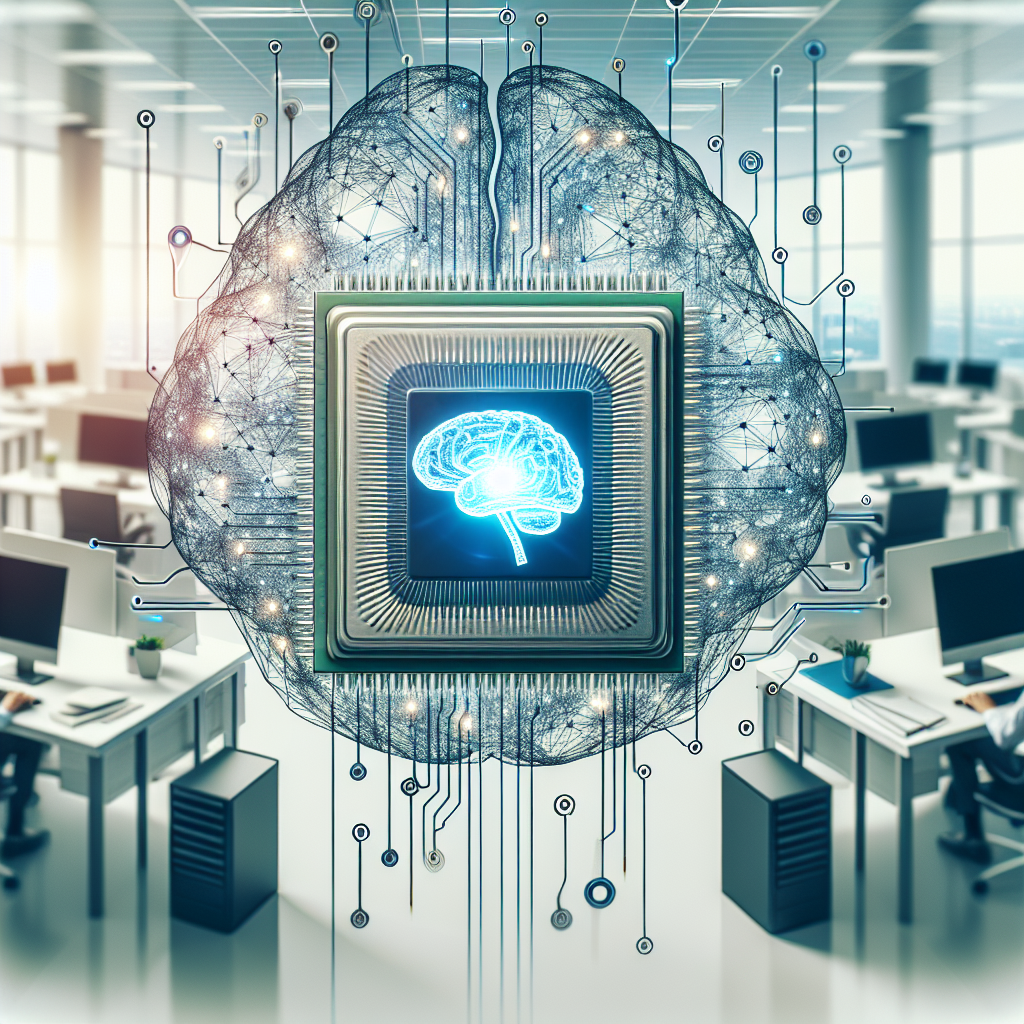Artificial General Intelligence (AGI) is a rapidly evolving field that is changing the way we work in countless industries. Automation and machine learning are transforming the workplace, leading to increased efficiency, productivity, and innovation. In this article, we will explore the impact of AGI on the workplace and how it is reshaping the way we approach our jobs.
AGI in the Workplace
AGI refers to the development of machines that have the ability to perform any intellectual task that a human can do. This includes tasks such as reasoning, problem-solving, and even creativity. As AGI technology continues to advance, it is increasingly being integrated into the workplace in a variety of ways.
One of the most significant impacts of AGI in the workplace is automation. Automation involves the use of machines to perform tasks that were previously done by humans. This can range from simple repetitive tasks, such as data entry, to more complex tasks, such as analyzing large amounts of data and making strategic decisions.
Automation has the potential to greatly increase efficiency in the workplace by reducing the time and resources required to complete tasks. For example, in manufacturing, automation has led to significant increases in productivity by allowing machines to perform repetitive tasks faster and more accurately than humans.
In addition to automation, machine learning is also playing a key role in reshaping the workplace. Machine learning involves the use of algorithms to analyze data and learn from it, enabling machines to make predictions and decisions based on patterns in the data.
Machine learning is being used in a wide range of industries, from finance to healthcare, to improve decision-making and streamline processes. For example, in finance, machine learning algorithms are being used to analyze market data and make investment decisions, while in healthcare, they are being used to analyze patient data and recommend treatment options.
Overall, AGI is revolutionizing the workplace by enabling machines to perform tasks that were previously only possible for humans. This is leading to increased efficiency, productivity, and innovation in a wide range of industries.
FAQs
Q: What are some examples of AGI in the workplace?
A: Some examples of AGI in the workplace include automation of repetitive tasks, such as data entry, in manufacturing, and machine learning algorithms being used to analyze market data in finance.
Q: How is AGI impacting job roles in the workplace?
A: AGI is leading to a shift in job roles in the workplace, with machines taking on tasks that were previously done by humans. This is leading to increased efficiency and productivity, but also raises concerns about job displacement.
Q: What are the benefits of AGI in the workplace?
A: The benefits of AGI in the workplace include increased efficiency, productivity, and innovation. Machines are able to perform tasks faster and more accurately than humans, leading to cost savings and improved decision-making.
Q: What are some challenges of implementing AGI in the workplace?
A: Some challenges of implementing AGI in the workplace include concerns about job displacement, data privacy and security, and ethical considerations around the use of AI technologies.
Q: How can companies prepare for the impact of AGI in the workplace?
A: Companies can prepare for the impact of AGI in the workplace by investing in training and upskilling their employees, developing clear policies around the use of AI technologies, and staying informed about the latest developments in the field.
In conclusion, AGI is transforming the workplace in profound ways, leading to increased efficiency, productivity, and innovation. As this technology continues to evolve, it is important for companies to adapt and embrace the changes in order to stay competitive in an increasingly automated world.

